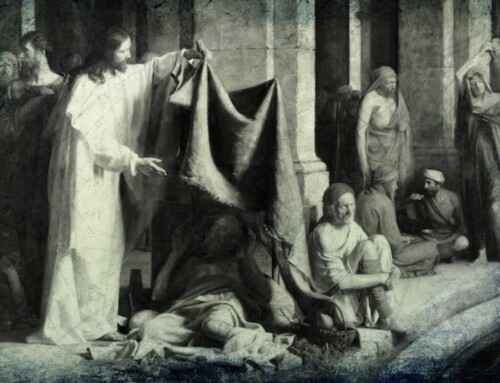Jennifer Jones does the first modern “selfie” in “Madame Bovary.”
One of my favorite books, and films, of all time is ‘Madame Bovary” by Gustave Flaubert and the 1949 film version starring Jennifer Jones. At first glance, the book and film are lush and romantic, but with a gritty and ugly twist. For, the heroine is completely flawed from the beginning. During her early years as a student in a Catholic convent, she becomes obsessed with the lurid and rubbishy pulp novels of the day. Most of them were smuggled in by a near-do-well seamstress or by other girls and hidden among their little secret treasures. This attachment to false glamour she carried into her married life; to a dolefully unremarkable country doctor named Charles Bovary. Now, “…seeking imaginary satisfaction for her own desires. Even at the table she had her book by her, and turned over the pages while Charles ate and talked to her.” This pulling away, and retreating into a fog of make-believe, lies at the heart of every family break-down, mental-illness, and ensuing societal woe which runs rampant through contemporary culture. In Madame Bovary, we see the progenitor and the cruelest outcome of a mind warped by illusory desire: because, sick of her boring domestic life, Madame Bovary seeks to reenact her fantasies in the real world. Thus begins her downfall. While, in her desperate pursuit of sensation and pleasures of the flesh, she finds that eventually nothing will quench it:
“No matter! She was not happy–she never had been. Whence came this insufficiency in life–this instantaneous turning to decay of everything on which she leant? But if there were somewhere a being strong and beautiful, a valiant nature, full at once of exaltation and refinement, a poet’s heart in an angel’s form, a lyre with sounding chords ringing out elegiac epithalamia to heaven, why, perchance, should she not find him? Ah! how impossible! Besides, nothing was worth the trouble of seeking it; everything was a lie. Every smile hid a yawn of boredom, every joy a curse, all pleasure satiety, and the sweetest kisses left upon your lips only the unattainable desire for a greater delight.”
For really the first time in history, Flaubert, at the beginning of the pop-culture craze and eventual hold on society, torches the illusion of a happiness that is transitorily found through the reenactment of pornography in the everyday. It’s sort of a bizarre warning from a man who himself wandered from one brothel to another, contracting syphilis, among other sexually transmitted diseases, eventually dying young and financially impoverished at age 58. And, in that alone, Madame Bovary is a wonder, despite the illicit carousing of its author, for merely becoming preoccupied with trashy books, does the woman Flaubert created descend into the depths of promiscuity. What a different world we now live in. Then, it took Madame Bovary many years to decline, nowadays, it happens in an instant. But, in all tragedies, there is something to be gained and learned. In this one: the realization that an endless searching for earthly distractions will not fill an empty heart; and will end in disaster – not only for the victim, but for everyone around them.





